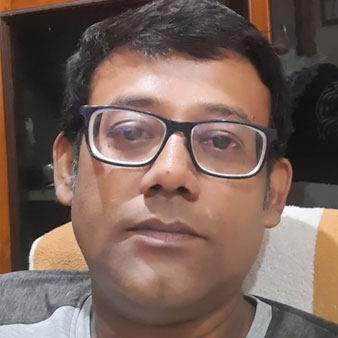Topic
Mallar Chatterjee on "Conflicts in the Mahabharatha" in conversation with Indrani Ganguly
On 27th Nov 6.00 pm - 6.40 pm
In the case of Mahabharata, we conveniently use that this is fought between Dharma and Adharma. We seldom used this term in terms of Ramayana. If we can equate dharma with truth, the truth is not always digested. Dharma is not straight. There is a quintessential issue in Mahabharata. Yudhishtira was looser in the first half of his life. There is a slow and silent metamorphosis of a person. He reminds us all that everyone born on this planet has a chance. Not all are born spectacular, but a person can achieve in life. I believe more virtuous people tend to be envious. May others not agree, but that's my observation all Pandavas were virtuous. There must have been some tensions between them. They have their issues. The relationship between them cannot be the same as they were extraordinary. I wrote the book in the form of an autobiography. So the person writing an autobiography would write in accepting his mistakes. He came out with a very candid man. Dharmaputras life must be true without hiding anything. If you set aside is miracles and hyperbole, it's very similar to current and basic situations. Basic instincts haven't changed much. They were greedy in the past, and they are still. Circumstance and priority have changed, but humans haven't changed much; the same is with the Mahabharata.

